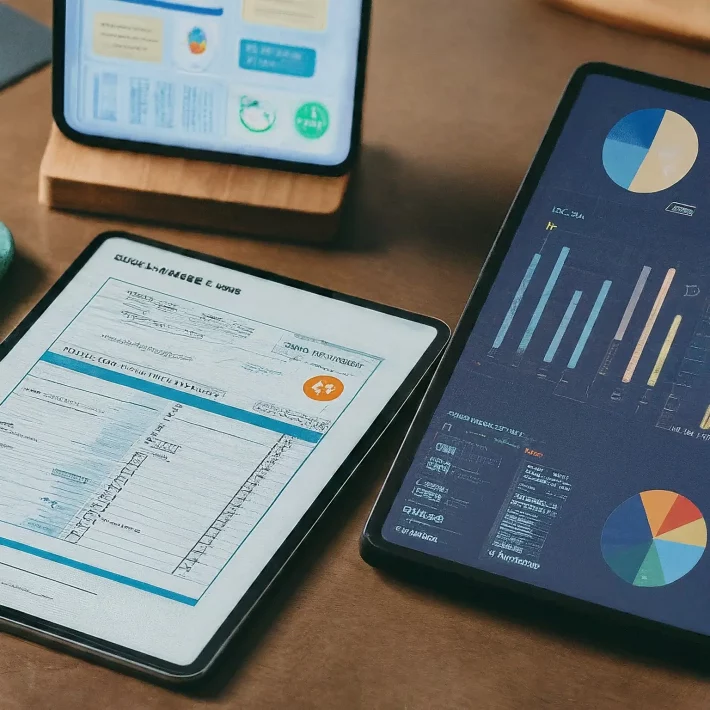Sales Enablement 2.0: The Rise of Micro-Learning and Personalized Training

In today’s rapidly evolving business landscape, the traditional methods of sales training and enablement are becoming increasingly inadequate. Sales teams are under constant pressure to keep up with new technologies, products, and market dynamics. As a result, companies are rethinking their approaches to sales enablement, embracing innovative strategies that leverage micro-learning and personalized training. This shift, often referred to as Sales Enablement 2.0, is not just a trend but a fundamental transformation in how sales organizations equip their teams for success.
The Limitations of Traditional Sales Training
Conventional sales training programs often involve intensive workshops or seminars, which require significant time away from selling activities. These sessions, while comprehensive, can be overwhelming and difficult to retain. Moreover, they typically adopt a one-size-fits-all approach, failing to address the unique needs and learning styles of individual salespeople.
The consequences are evident: sales reps return to their roles with only a fraction of the information retained, leading to suboptimal performance and a lack of confidence in executing newly learned strategies. This inefficiency highlights the need for a more dynamic and adaptable approach to sales training.
Enter Sales Enablement 2.0
Sales Enablement 2.0 represents a paradigm shift, focusing on delivering training in a manner that is more accessible, engaging, and relevant to individual salespeople. At the heart of this approach are two key components: micro-learning and personalized training.
Micro-Learning: Bite-Sized Brilliance
Micro-learning breaks down complex training content into smaller, manageable pieces that can be consumed quickly and easily. These bite-sized modules are typically focused on a single topic or skill, making it easier for sales reps to absorb and apply the information.
Benefits of Micro-Learning
- Accessibility: Sales reps can access training materials anytime, anywhere, using their preferred devices. This flexibility ensures that learning can happen at the point of need, whether in between meetings or during downtime.
- Retention: Studies have shown that information is better retained when delivered in smaller chunks. Micro-learning’s repetitive and focused nature helps reinforce knowledge, leading to better long-term retention.
- Engagement: Short, targeted learning modules are more engaging than lengthy training sessions. Interactive elements such as quizzes, videos, and simulations further enhance engagement, making learning more enjoyable and effective.
Personalized Training: Tailored to Individual Needs
Personalized training leverages data and analytics to deliver customized learning experiences that cater to the specific needs, preferences, and performance gaps of each salesperson. This approach ensures that training is not only relevant but also highly impactful.
Benefits of Personalized Training
- Relevance: By analyzing individual performance data, sales enablement teams can identify specific areas where each rep needs improvement. This targeted approach ensures that training is directly aligned with their unique challenges and goals.
- Efficiency: Personalized training eliminates the waste associated with generic training programs. Sales reps receive only the information they need, in the format that works best for them, maximizing the efficiency of the training process.
- Motivation: When training is tailored to individual needs and delivered in a way that resonates with the learner, it fosters a sense of ownership and motivation. Sales reps are more likely to engage with and complete training when it feels relevant and beneficial to their success.
Implementing Sales Enablement 2.0
To successfully transition to Sales Enablement 2.0, organizations must adopt a strategic approach that involves several key steps:
- Assess Needs and Goals: Conduct a thorough assessment of your sales team’s current performance, skills gaps, and learning preferences. Set clear goals for what you want to achieve with your new training program.
- Leverage Technology: Invest in advanced learning management systems (LMS) and sales enablement platforms that support micro-learning and personalized training. These technologies can track performance, deliver content, and provide analytics to continuously improve the training process.
- Develop Engaging Content: Create high-quality, interactive training modules that are concise, relevant, and engaging. Incorporate various formats such as videos, quizzes, and simulations to cater to different learning styles.
- Foster a Learning Culture: Encourage a culture of continuous learning within your sales team. Provide ongoing support, recognition, and incentives to motivate reps to engage with and apply their training.
- Measure and Iterate: Continuously monitor the effectiveness of your training program through analytics and feedback. Use this data to refine and improve your training content and delivery methods over time.
Conclusion
Sales Enablement 2.0, characterized by micro-learning and personalized training, represents the future of sales training. By adopting these innovative approaches, organizations can ensure that their sales teams are not only well-equipped to meet the demands of today’s market but are also positioned to drive sustained growth and success. Embracing this evolution in sales enablement is not just an option—it’s a necessity for staying competitive in an ever-changing business landscape.




